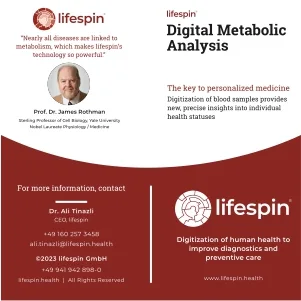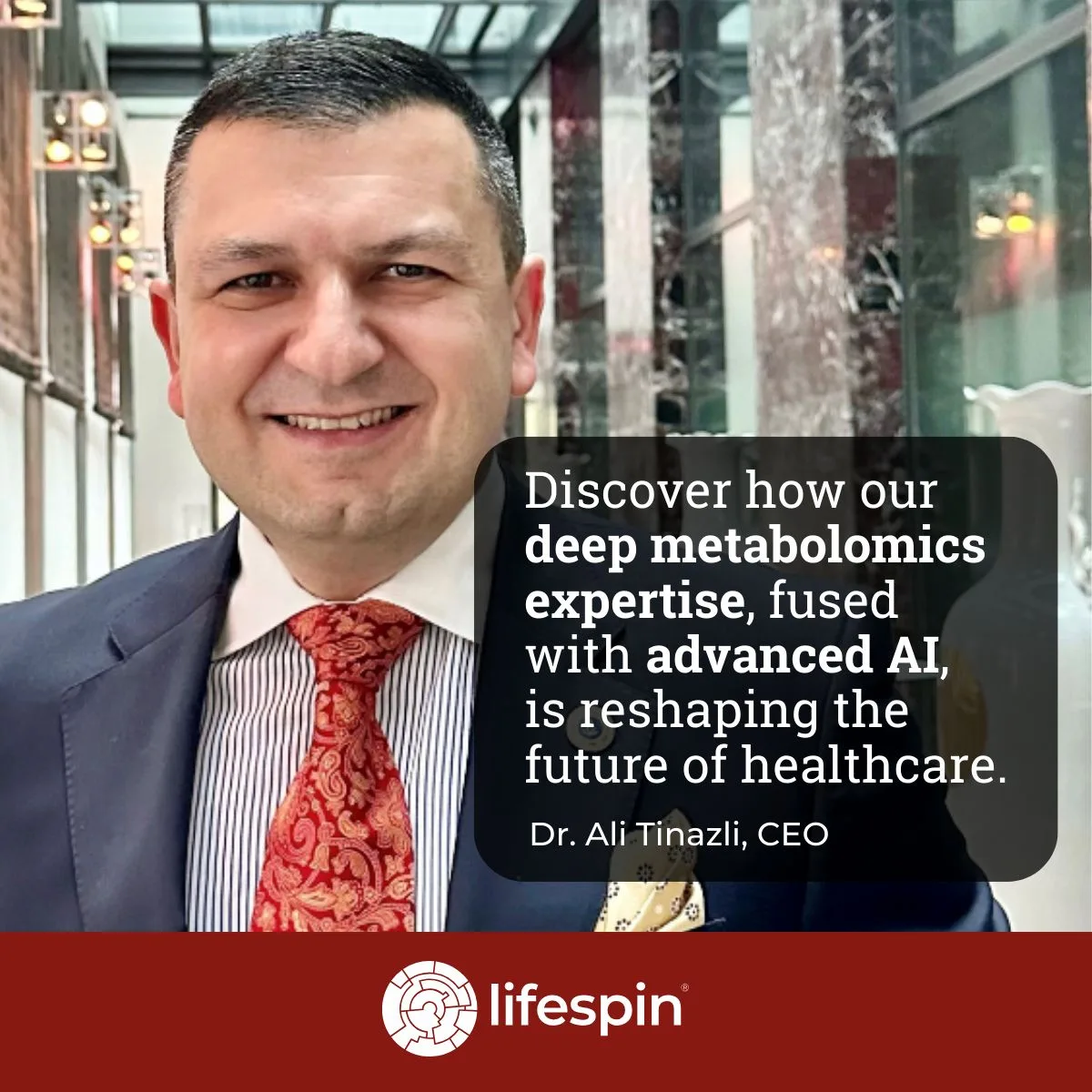Achilles tendinopathy is a soft tissue injury caused by overuse that affects around 9% of recreational runners. It is not specific to athletes; it can also affect persons who do not run or who do not consider themselves to be very physically active. Achilles tendinopathy is characterized by discomfort along the tendon or at its insertion on the calcaneus, the heel bone, and by pain during the first few steps in the morning, or at the beginning of a run. When you feel more warmed up, the symptoms usually go away, but if you run for an extended period or put too much weight through your foot and ankle, the pain may return.
What is Achilles Tendinopathy?
The Achilles tendon is the thickest and most powerful tendon in your body, linking your calf muscles to the back of your heel. The Achilles transmits virtually all the force created when you “toe off” the ground during running, which can be up to three times your body weight. And the quicker you run, the more strain you place on your Achilles tendon. As a result, many runners are prone to injury, particularly those who engage in a lot of speed training, uphill running, or adopt a forefoot-striking technique. Achilles tendon injuries makeup 5-12% of all running injuries and disproportionately affect men more than women between the ages of 30 – 50 years old.
Symptoms of Achilles Tendinopathy: There are 2 types of Achilles tendinopathy which are outlined below.
Non-insertional Achilles tendinopathy: This is the most frequent Achilles injury, affecting the tendon approximately 2 to 6cm above where it joins to the back of the heel bone.
Insertional Achilles tendinopathy: This pain affects the tendon which connects to the rear of the heel bone. This kind of Achilles tendinopathy may be more complex.
Tendinopathy is often diagnosed based on a medical history and clinical signs, and additional investigations or scans are rarely necessary.
Classic signs and symptoms include:
- Gradual onset of pain.
- Heel pain and stiffness during initial steps out of bed or after inactivity.
- Warm and sensitive tendon at rear of the ankle, possibly swollen or thickened.
- The tendon may click as you move your ankle.
Causes of Achilles tendinopathy
Achilles tendinopathy appears to be caused by repeated stress and microtrauma to the tendon as a result of a sudden increase in loading activities. A weaker or deconditioned tendon is more susceptible to injury. Repetitive stress and microtrauma cause the natural healing process to be delayed, resulting in a sore Achilles tendon.
Also Read: The Healing Power of Books: How Reading Boosts Mental Health
Who is at risk for Achilles Tendinopathy?
- Being over age 30 and male
- Higher body weight
- Diabetes
- Weak calf muscles
- Overtraining or training errors
- Poor footwear
- Fluoroquinolones antibiotic use
Self-care treatment for Achilles Tendinopathy
- Rest the injured tendon and reduce weight and pressure on the area. During this period, you may need to utilize assistive equipment, such as crutches, to walk, as well as other pain relief medicines to ease pain and inflammation.
- Muscular tendinous movements require regular use to maintain their effectiveness. This holds true even in the event of an injury. While remaining safe, you should be able to proceed from a few days of rest to light exercise. This progressive loading promotes recovery and prevents muscular atrophy.
- Apply an ice pack wrapped in a towel to the tendon for 15-20 minutes at the end of the day. This relieves pain while reducing inflammation and swelling around the tendon. While icing the tendon, you can add compression with bandages to help reduce the swelling around the tendon.
- Raise your legs above your chest. When the legs are higher than the heart, blood flows back to the heart more quickly, reducing swelling.
- Wear comfortable footwear (flats) and avoid heels.













